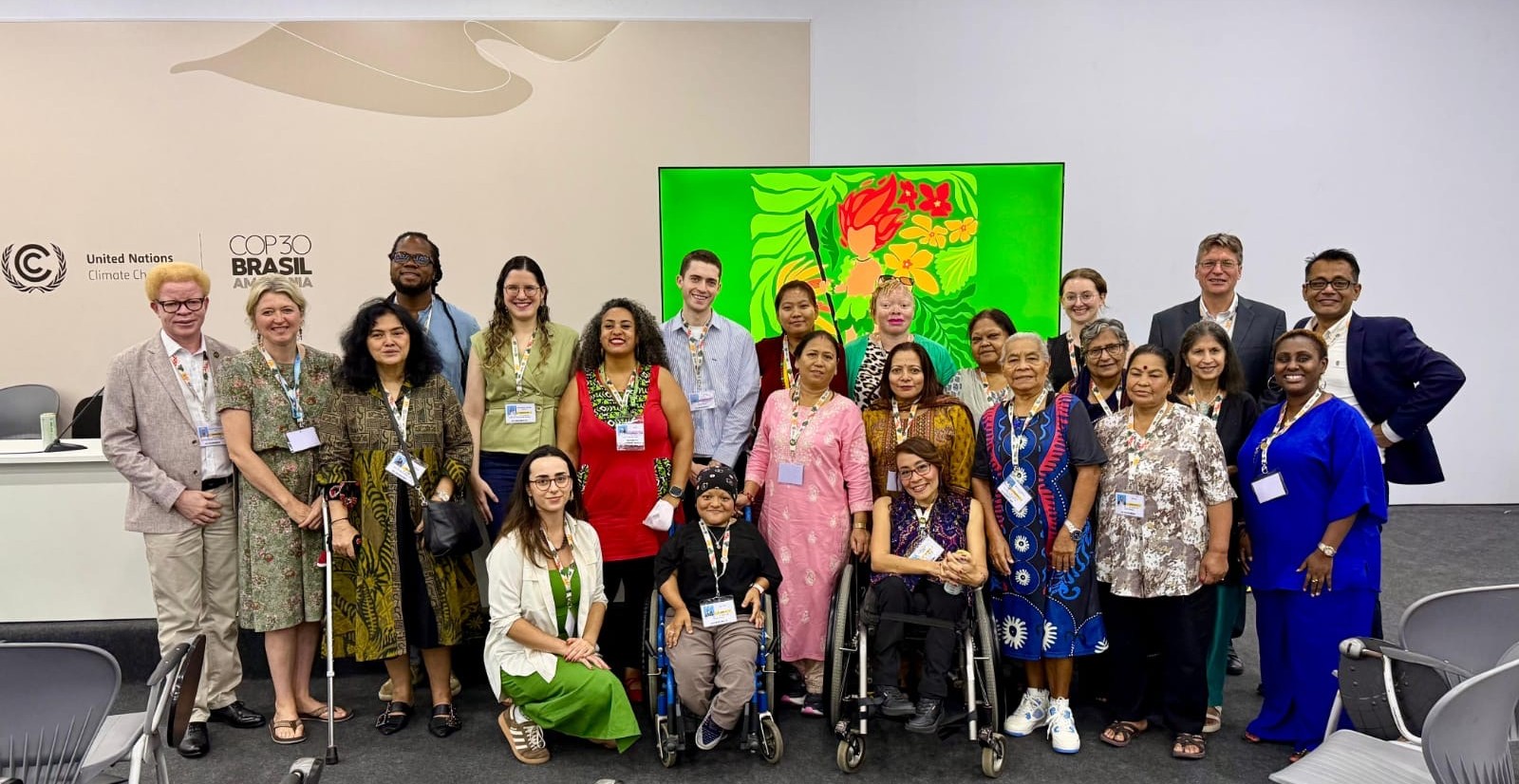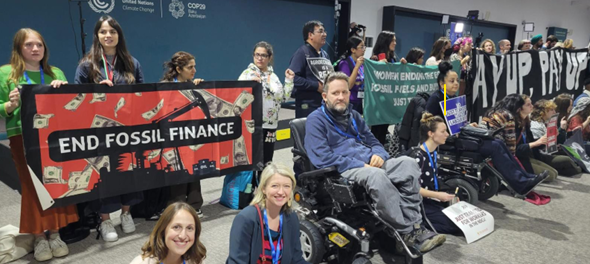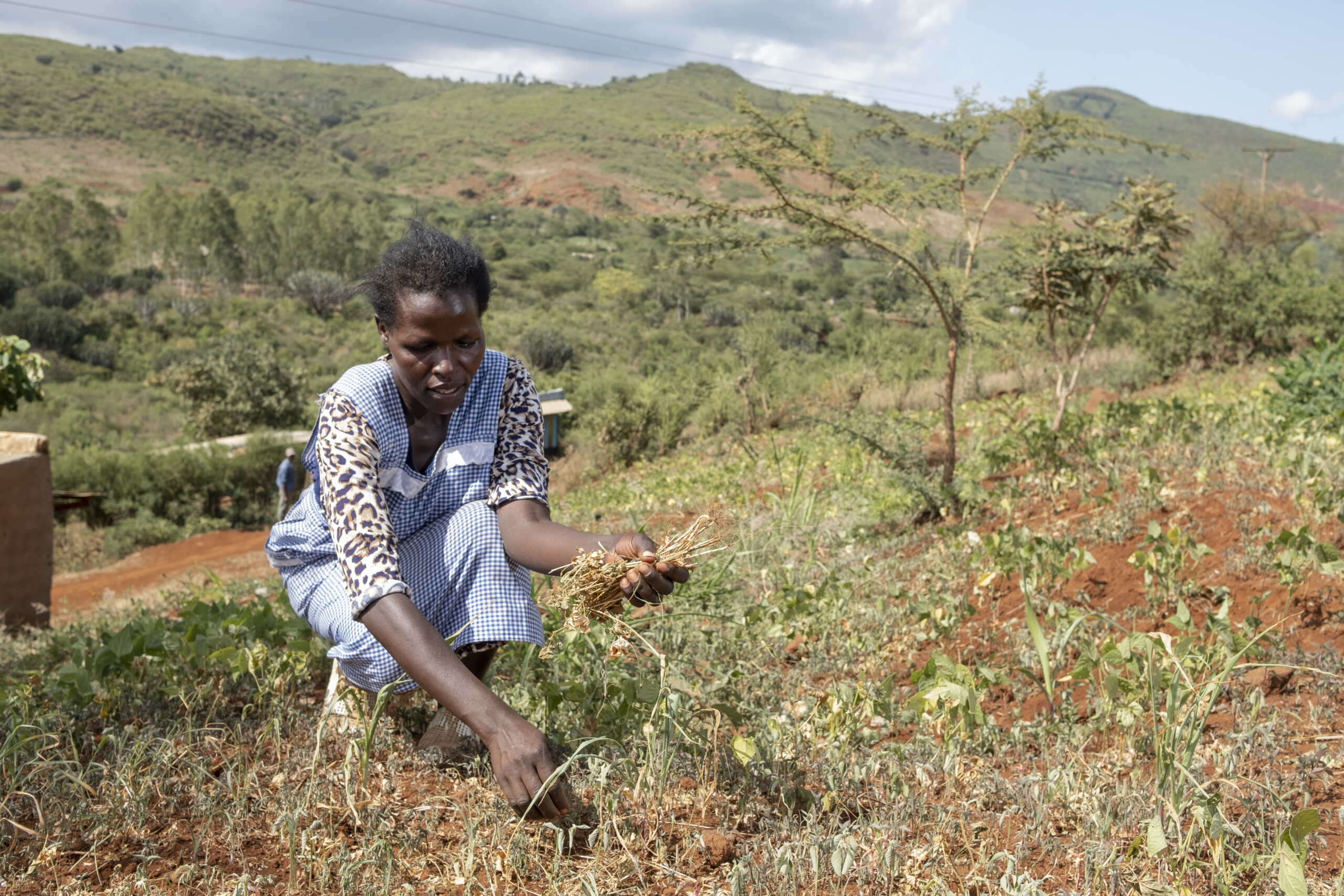Disability Data Reports and Key Findings
News | February 20, 2024
In 2020, CBM Global, in partnership with the International Disability Alliance and the UN Stakeholder Group of Persons with Disabilities, produced the disability data advocacy toolkit to provide basic knowledge on data collection, analysis, and use for evidence-based advocacy.
The toolkit has been widely shared and used in the last three years. Consequently, we wanted to assess the effectiveness of it. As a result, the International Disability Alliance with our support carried out an inclusive survey to stakeholders to better understand (1) how the toolkit is being used, (2) what has been useful, (3) what areas can be improved, and (4) and what case studies of data generated by organizations of persons with disabilities (OPDs) are available. From this, two reports emerged (1) the Disability Data Advocacy Toolkit Lessons Learned and (2) Citizen-generated Data and Persons with Disabilities launched on 7 February. The following is a concise summary of the findings.
Thirty-four organizations responded to the inclusive survey: 15 OPDs, 12 NGOs, 6 governmental organizations, and 1 university.
Organizations are using the toolkit to:
- Improve the capacity building on data;
- Collect information on persons with disabilities to help analyze interests and needs;
- Consult on best practices and what to avoid in presenting data;
- Collect disaggregated data of patients served using WG-SS;
- Use the toolkit during workshops on building capacities of OPDs on the importance of data on persons with disabilities on the implementation of the CRPD and 2030 Agenda; and
- Train OPDs on citizen-generated data and the role of OPDs in generating data and evidence on persons with disabilities.
Lessons learned from using the toolkit:
- There is a need for training on how to use the toolkit, which needs to be periodically updated.
- Inclusive data processes need a collaborative approach to bring together different stakeholders for advocacy on disability data.
- OPDs are key in generating and using disability data and hence have to be fully involved in the process.
- It is important to support OPDs in understanding the linkages between the UNCRPD, SDGs, and the Global Disability Summit.
- OPDs at all levels, especially those at local levels, must be empowered to engage in data advocacy and data processes.
What organizations most need to build disability data capacity. In order of importance:
- Participate in a training on how to manage and analyze data;
- Participate in our data advocacy workshop for OPDs;
- Receive funding;
- Learn from a short video about data;
- Participate in a technical data webinar series to address evidence-based policymaking;
- Work on a small data-related project;
- Receive technical support; and
- Have access to an external data team.
Data priorities for OPDs (sometimes included in national surveys or censuses): Employment, education, gender, age groups, violence against women, and disability type.
Data priorities for OPDs (usually not included in national surveys or censuses): Harmful practices, statistics on sign language users, access to justice, political participation and civic engagement, disability inclusive disaster risk reduction, sexual and reproductive health and rights, and psychiatric abuse.
We hope that these compelling findings and the compilation of OPD-led data case studies can fill critical data gaps and complement official statistics to measure the progress of persons with disabilities in the sustainable development goals, the Convention on the Rights of Persons with Disabilities, and national programs and policies.
https://cbm-global.org/news/disability-data-reports-and-key-findings
Related News

Global Breakthrough–Persons with Disabilities Secure Official Recognition in Climate Negotiations
The United Nations Framework Convention on Climate Change (UNFCCC)...

One in Five Is Not Enough: The gains on Disability Inclusion have not gone far enough
One in Five Is Not Enough: The gains on...

COP30 Is a Turning Point for Disability-Inclusive Climate Action
As the world gathers in Belém, Brazil, from 10–21 November 2025 for COP30, the message from...
